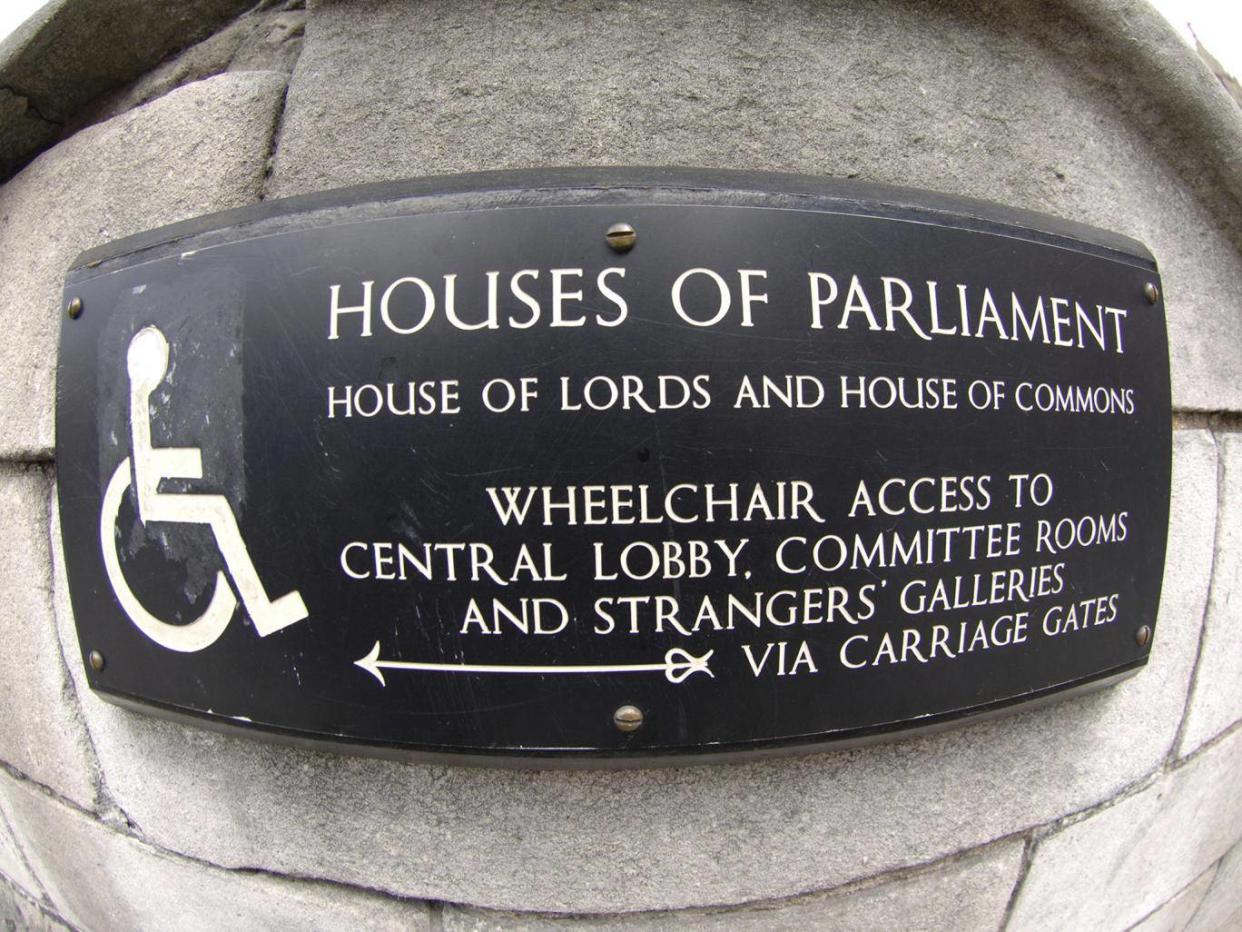The DWP has underpaid disabled and sick claimants again. It’s time for a public inquiry into its incompetence

How many different ways are there to say “oops”?
Off the top of my head, I can think of damn, alas, er, um, oh, ah, blast and oh crap, what again?
If you can beat that list, congratulations: you qualify to join the shortlist for a job in the part of the Department for Work and Pensions (DWP) handling disability benefits.
I could have added “ouch” to my list but that’s reserved for the victims of a lengthening list of scandals that have emerged as a result of the reforms originally put into place by Iain Duncan Smith. I bet some of his colleagues have a 15-rated word for him, and perhaps a few 18-rated words too. Disabled people could help them find some if they’re struggling.
The latest foul up has been publicised by the National Audit Office. Its report details how the DWP, now under the command of Esther McVey, underpaid an estimated 70,000 people moved from other benefits to what is known as employment and support allowance (ESA).
For the record, ESA is paid to those who have disabilities that are severe enough to prevent them from working. It is a benefit that is distinct from the personal independence payment (PIP), which is designed to help disabled people with the formidable extra costs of living they face, such as wheelchairs that can eclipse the cost of a new car.
To get ESA, claimants have to clear an application and assessment obstacle course that the word “fiendish” was designed to describe (ditto the PIP, to be honest), only for some of them to find themselves losing out on what they were entitled to.
According to the NAO, the average underpayment comes to £5,000 but some people are owned much more than that. The report quotes the figure of £20,000.
Many people in reasonably well-paid jobs would incur serious hardship through losing out on such sums, let alone people with disabilities and illnesses that the NAO’s chief Sir Amyas Morse correctly described in the press notice accompanying the report as “severely limiting”.
Sir Amyas also accused the DWP of failing to “get a proper grip on the problem” for several years.
It won’t finally be fixed until April 2019, with 300,000 cases requiring a review at a cost of £14m.
The sting in the tail is that even then some of the victims won’t get all the money back. Payments will only be back-dated to 21 October 2014, when the Government lost yet another tribunal case.
Talk about adding insult to injury.
We have been here before, and many times. Scandals like this crop up with a depressing regularity.
Just last month there was another “oops” moment when the DWP embarked upon a review of 1.6 million PIP claims after losing a legal case over the treatment of people with mental illness. Judges used the phrase “blatantly discriminatory” to describe how they had been handled but, again, the review will only go back to when the legal proceedings started.
The shake-up of the disability benefits system, and the cruelty of the assessment procedures the ministers responsible set up, hit the disabled community with the sort of haymaker that used to be reserved for opponents of Mike Tyson in the early days of the heavyweight boxer’s career.
The failure to properly make good on its mistakes – combined with the dilly dallying the NAO found – is like adding in what happened when Iron Mike decided to go in for biting ears.
The whole awful mess demands a rather wider inquiry, even a royal commission, because not only has it heaped untold misery on to some of society’s most vulnerable people, it has cost the taxpayer a fortune. The administrative costs of all this are staggering.
In the meantime, a little shame from Iain Duncan Smith, as the project’s architect, wouldn’t go amiss.
Now relieved of ministerial office he doesn’t have to say damn, alas, er, um, er um, oh, ah, damn, blast, or oh crap, what again? But he might like to try saying “sorry” and he would if he had anything vaguely resembling a conscience.

 Yahoo News
Yahoo News 
